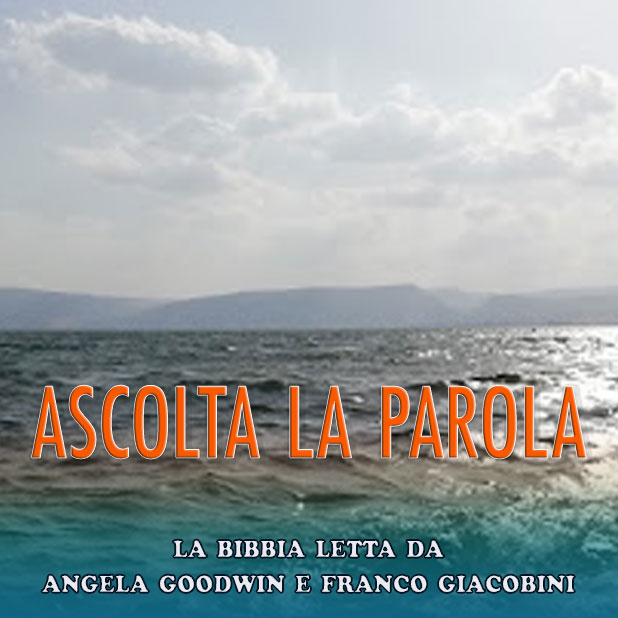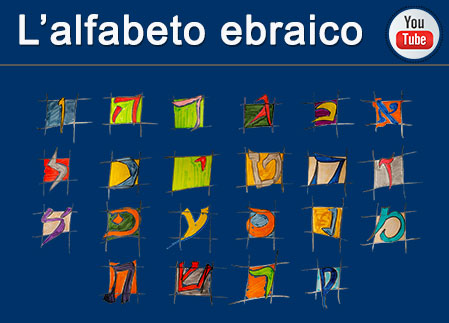World Council of Churches, the Lutheran World Federation and the Vatican
Svizzera 05/1993
A colloquium on the Spiritual Significance of Jerusalem for Jews, Christians and Muslims took place at Glion-sur-Montreux, Switzerland from 2-6 May 1993. It was convened jointly by the World Council of Churches, the Lutheran World Federation and the Vatican. The thirty or so participants, Jews, Christians and Muslims, including several Israelis and Palestinians, were invited ad personam. A final communiqué was issued, which reads as follows:Preamble
As adherents of three monotheistic faiths which have their historic origins in the Middle East we have gathered in Glion, Switzerland from 2-6 May 1993 to explore "The Spiritual Significance of Jerusalem for Jews, Christians and Muslims".
Through the sharing of the collective memories of our respective traditions, we have gained a deeper insight into the uniqueness of Jerusalem and its meaning for us. We have affirmed that this Holy City holds universal spiritual significance to all for whom the ultimate truth is the God of Abraham.
Our passionate debates have also made it clear that there are strongly held views which still threaten to divide us. Likewise acts of violence threaten to tear apart the rich fabric of faith and life in this Holy City.
In the face of suspicion and fear which have created a sense of hopelessness among our peoples, we are determined to raise up signs of hope that the City of Jerusalem might yet be a city of peace and reconciliation.
In this we turn for help to the one, just and merciful God who is worshipped by Jews, Christians and Muslims alike. It is this one God who has shared with us the gift of Jerusalem so that we might share it with one another.
During the three days of our meeting, the participants in our colloquium moved from sharp disagreement to a greater mutual understanding and agreement. The participants sought to formulate a general statement of principles. Some participants expressed their reservations about various aspects of the statement as formulated. We are engaged in a dynamic process that is far from complete and we recognize that this dialogue must continue.
Joint Statement
We come together in dialogue, as Jews, Christians and Muslims, as men and women of faith committed to our respective traditions:
1. We agree that religion should foster rather than hamper efforts to achieve peace. The Abrahamic tradition to which we are the heirs reminds us of our distinctive identities as well as our shared heritage. The shared heritage and belief in One God which sees human beings as God's most noble creation summon all believers to be peace-makers. We affirm the holiness of the city of Jerusalem for all three faiths and recognize the rights of all to worship in their own ways. We affirm that the claims we make in the names of our traditions must not be mutually exclusive.
2. We are prepared to confront the responsibility for the past and the future life of the city but without overlooking the alarming prevailing conditions in Jerusalem. We wish to move beyond dialogue and move towards a just and enduring peace in the city, a peace which recognizes the Palestinian and Israeli dimensions of the issue. We pray that all Jerusalem's inhabitants may enjoy peace, justice and respect for their human and national rights.
3. We commit ourselves to work to guarantee the sanctity of the city. In so doing we commit ourselves to continue to listen to one another, acknowledging each other's voice, honoring the respective attachments in order to maintain Jerusalem's uniqueness.
4.. In the efforts to preserve the sacred character of the city, maintaining the delicate historical, architectural and demographic balance, the hopes, fears and aspirations of the local communities must be seriously taken into account.
5. We affirm the sanctity of every individual's life, integrity and property and we condemn all violence and violations of human and national rights.
6. As Jerusalem is the City of Peace, this peace must be based on justice and not be maintained by any military force. A just peace will encompass economic, educational and social development for all as well as a common struggle to preserve the environment which is one of the many blessings of God.
As the peace process continues we ask the negotiators to give serious consideration to the contents of this statement.
We pray that Jerusalem will always be a place of justice, reconciliation and dialogue for the two nations, Palestinian and Israeli, and the three monotheistic faiths, in order that its unique character may contribute, nurture and sustain this justice, peace, love and reconciliation and coexistence and thus become a blessing to all the families of the earth.
558 visualizzazioni.
Inserito 01/01/1970
Relazioni Ebraico-Cristiane
Ultime novità nel sito
- 19/04/2020: Articolo - L’enigma della Maddalena
- 23/02/2020: Articolo - Il locus amoenus nelle catacombe ebraiche e cristiane di Roma
- 16/02/2020: Articolo - Il profetismo nel Vicino Oriente antico
- 13/02/2020: Articolo - I Profeti della Cappella Sistina
- 09/02/2020: Articolo - Gerusalemme e la Terra Santa di Israele


